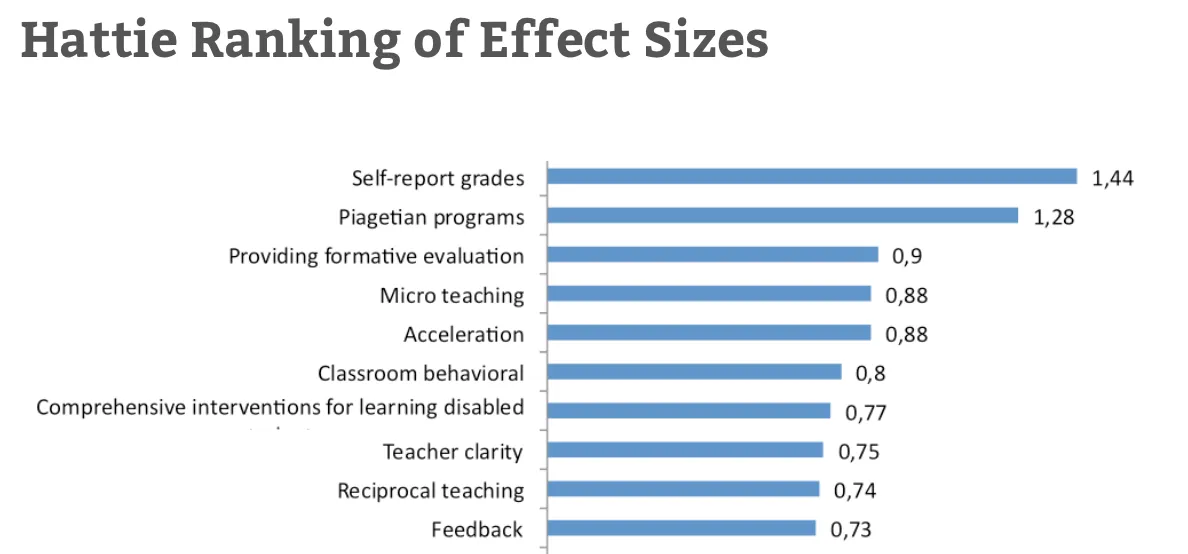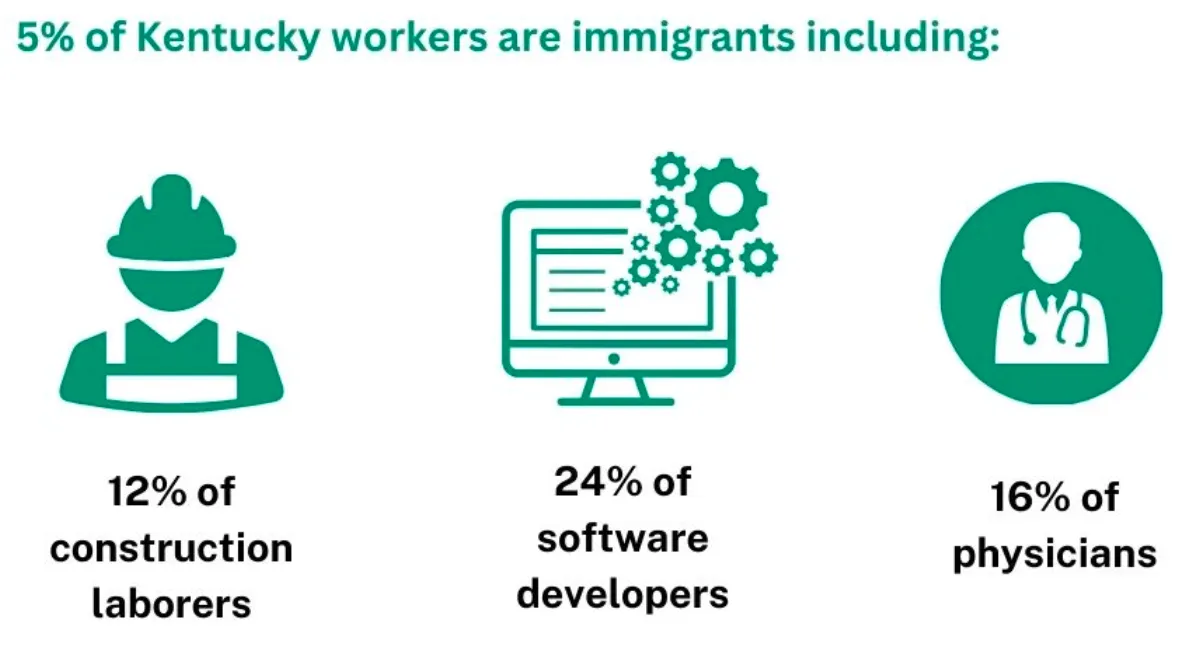Table of Contents
Here’s a question for you: If you had a situation you wanted to improve, and there was a list of over 100 ways to make it better, would it make any sense for you to go to the 107th item on the list, before trying any of the improvements in the top 100? Then why do that with charter schools?
In our last article on charter schools, we pointed out that it is easy to cherry-pick studies to support this or that position on the subject. In our effort to fairly understand charter schools, and whether or not they are a good policy idea, we try to find research that seems to be well-done and with adequate breadth and depth.
There is no doubt that some charter schools show positive results. For example, charter school advocates argue that specific disadvantaged groups obtain better results in charter schools than in traditional public schools. In addition, there are certain types of charter schools that show a significant advantage over the typical traditional public school. However, the real question is not “are charter schools effective at all”; rather, it is how effective are charter schools in increasing student achievement outcomes compared to other educational reforms.
In reality, there is a great deal of research on these matters. There is so much research, in fact, that summarizing these studies and ranking the relative outcomes is a daunting task. The best approach involves “meta-analyses” in which relevant studies in a particular domain are aggregated statistically – thus forming a very large data pool that overcomes the limitations of small sample sizes or geographic specific results.
In his 2009 book, John Hattie reviewed over 800 meta-analyses on 138 educational factors that influence student achievement. Most importantly, these studies included information on effect sizes – on how much of an influence they exerted on the relevant academic outcomes. This allows us to rank order the variables in terms of their relative effectiveness.
So where do charter schools rank in terms of their relative efficacy in raising school outcomes, compared to factors such as instructional methods, curriculum design, teacher characteristics, and school design? Charter schools ranked 107 out of 140 such factors. In other words, if you want to improve educational attainment, there are more than 100 other factors that have a stronger influence on educational achievement than charter schools. Moreover, many of the higher ranking variables, particularly those involving instructional practices (e.g., how to provide feedback to students), involve minimal additional costs.
So – here’s the question we need to ask legislators who are pushing charter schools:
Why jump to #107, and skip the first 106 improvements? Are you pushing charter schools for some reason OTHER THAN learning improvement? Hmm?
--30--








